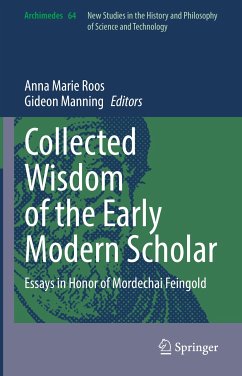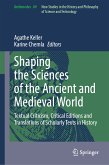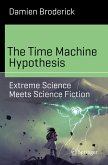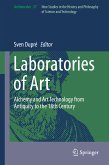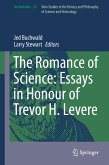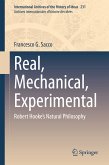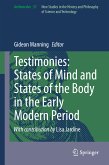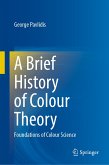This book brings together leading scholars in the history of science, history of universities, intellectual history, and the history of the Royal Society, to honor Professor Mordechai Feingold. The essays collected here reflect the impact Feingold's scholarship has had on a range of fields and address several topics, including: the dynamic pedagogical techniques employed in early modern universities, networks of communication through which scientific knowledge was shared, experimental techniques and knowledge production, the life and times of Isaac Newton, Newton's reception, and the scientific culture of the Royal Society. Modeling the interdisciplinary approaches championed by Feingold as well as the essential role of archival studies, the volume attests to the enduring value of his scholarship and sets a benchmark for future work in the history of science and its allied fields.
Dieser Download kann aus rechtlichen Gründen nur mit Rechnungsadresse in A, B, BG, CY, CZ, D, DK, EW, E, FIN, F, GR, HR, H, IRL, I, LT, L, LR, M, NL, PL, P, R, S, SLO, SK ausgeliefert werden.

